
Retrieved
By Alfredo Michelena
At the end of the last century, the Latin American region celebrated being a zone of democracies, with the exception of Castro’s Cuba. This led to the approval of the Democratic Charter by the OAS in 2001, with the objective of consolidating democracy on the continent. The charter establishes that member states must be governed by democratic governments and that, if not, they would be expelled from the organization, with the organization intervening to correct the antidemocratic deviations of the government in question.
While at that time there was only one dictatorship on the continent, now there are three: Cuba, Venezuela, and Nicaragua. With the arrival of Hugo Chávez to power, a “pink tide” of populist left-wing governments spread throughout the region. This was the era of 21st-century socialism. Later, in the second decade of the century, the political pendulum in the region changed direction, and more recently, it has begun to swing back to the left, with the victories of Lula da Silva in Brazil and Gustavo Petro in Colombia. However, Venezuela and Nicaragua have abandoned democracy during this century, joining Cuba to form what John Bolton called the “Troika of Tyranny” (John Bolton dixit).
To gain and maintain power, the regimes of Venezuela and Nicaragua have developed specific political tactics for their situations. However, if we look at the electoral issue, we can see how they have controlled electoral processes to the point of shamelessly maintaining power, despite being rejected by their societies, as seen time and time again in polls. Their electoral manipulations and frauds are evident. Therefore, many democratic countries have refused to recognize the results of these elections.
In fact, after the results of those rigged elections, the United States, Canada, the United Kingdom, and even Europe have imposed sanctions on Venezuela and Nicaragua, but this has produced no change in the concentration of power or systematic violations of human rights in these countries. After several years of sanctions, many wonder how these dictatorships have managed to resist.
The Manual for Dealing with International Isolation, which originated in Cuba and has been transmitted to Venezuela and Nicaragua, is based on at least three main strategies. First, these regimes seek to deepen ties with other authoritarian governments to strengthen economic and security links. Second, they develop strong relationships with a central group of foreign partners who have also been subject to international sanctions, such as Russia and Iran. Finally, they offer nationalized assets to domestic and foreign investors to satisfy different internal groups that support the regimes, as well as to provide opportunities to willing investment partners. In some cases, this involves the liberalization of certain sectors of the economy and forming partnerships with other countries and economic groups. For example, Cuba has partnered with Europe and Canada in the tourism industry.
In the case of Venezuela, international partners have helped the regime evade international sanctions and maintain its grip on power, as well as serving as external sources of credit since traditional ones have been exhausted. The regime has also increased its repressive state apparatus, with the support of countries such as Cuba and China. Meanwhile, Russia’s state-owned oil company, Rosneft, has helped maintain the flow of crude oil to China and India, bypassing sanctions. In 2019, the regime exchanged Venezuelan gold for Iranian gasoline and over $100 million in Turkish consumer goods for gold.
However, international support alone is not sufficient for these regimes to survive in the long term under conditions of isolation and declining living standards for their citizens. To survive, they must restructure themselves to create new sources of income for their allies and regime partners. For instance, Maduro restructured Venezuela’s economy, despite its contraction, to facilitate new rent-seeking opportunities for associated parties. As the formal economy deteriorated, illicit trade in gold and other precious minerals from the Orinoco Belt, as well as drugs, grew, generating profits for members of the regime and allied international criminal organizations, including terrorist groups.
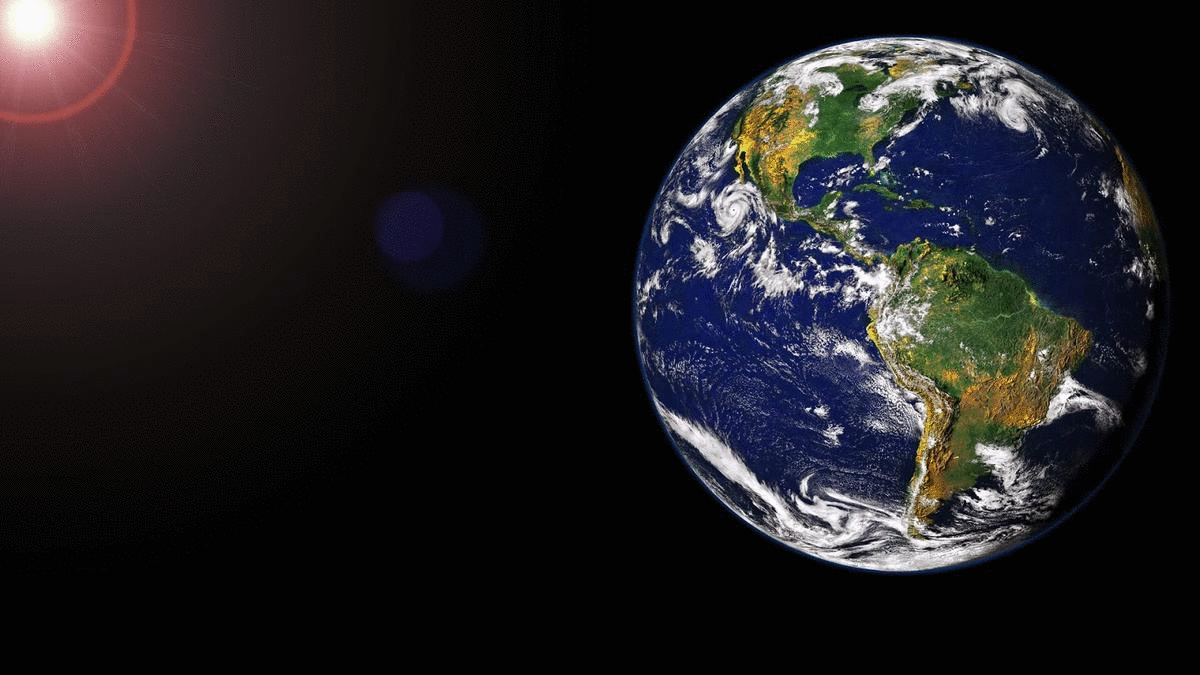
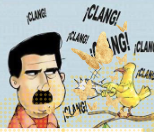
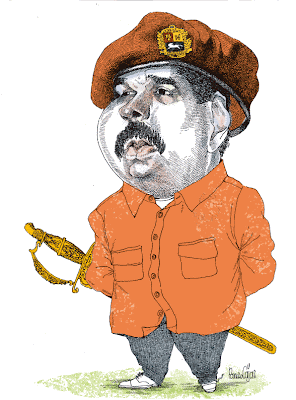
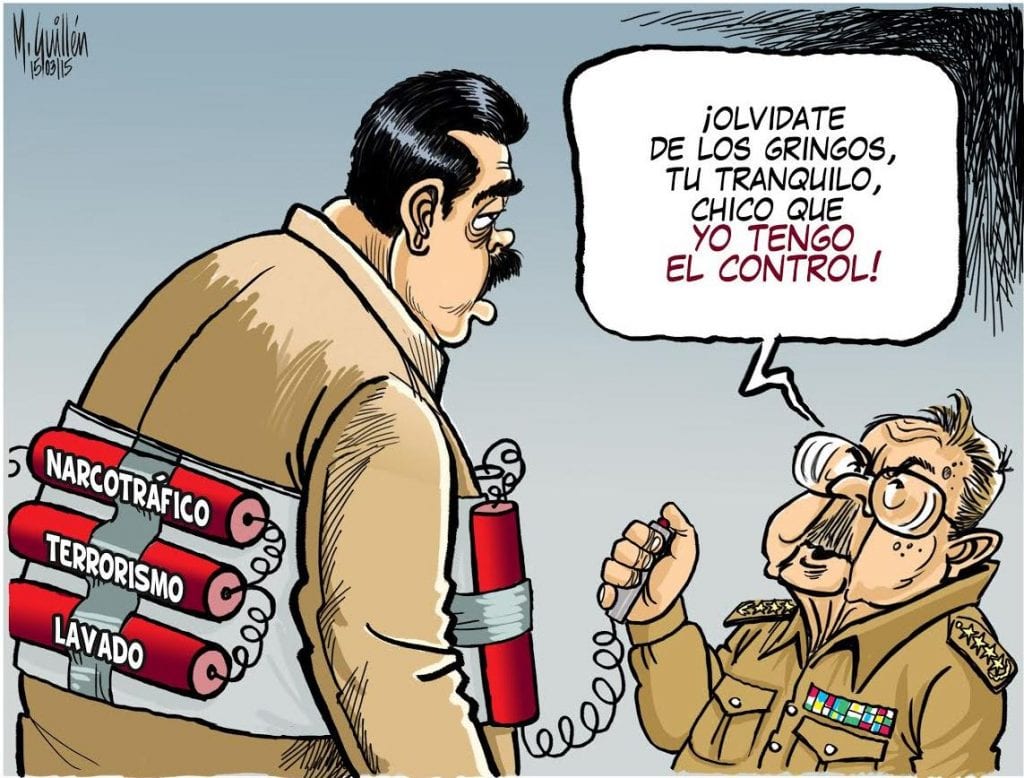
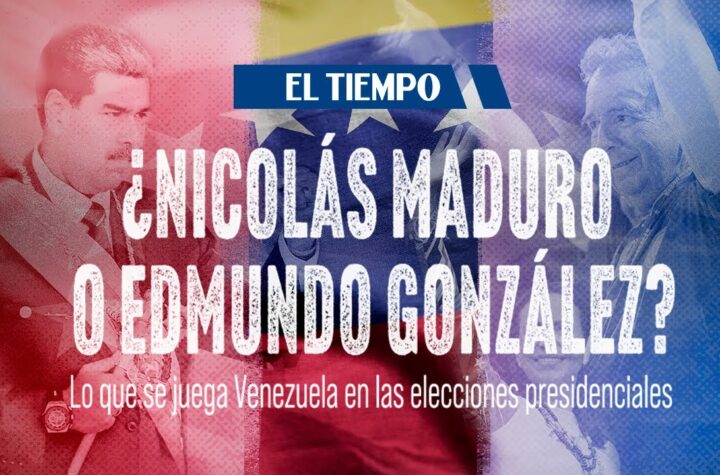
More Stories
Venezuela, elecciones entre pajaritos y mariposas
Maduro seeks to bolster military support ahead of next election
¿Qué hará Cuba el 28 de julio?